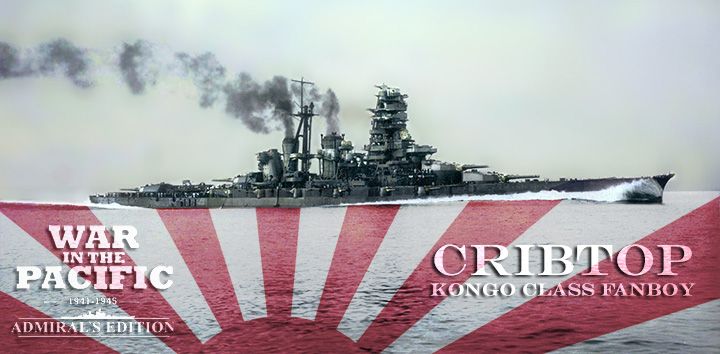wpurdom
Posts: 476
Joined: 10/27/2000
From: Decatur, GA, USA
Status: offline

|
The southern leadership felt they had little choice but to attack Fort Sumter. After the successful coup d’etat by the Texas Rangers against Governor Houston (elected on an Unionist platform), southern succession had stalled and Arkansas, Kentucky, Maryland, Missouri, North Carolina, Tennessee and Virginia had all rejected secession. Most industry in what became the Confederacy was found in VA and TN. Given what happened in Kentucky and Maryland, it is likely that had the status quo been accepted, the Union would have established firm control of all those states by the fall as the fever pitch of secession passed and the border states calculated their economic interests. Meanwhile one would expect a buildup of the US Army and Navy and improvement in the northern states’ militia which were generally behind the level of readiness of southern states.
Lincoln’s strategy was to undercut the Confederacy by all means short of war. His plan was to use Sumter, Pickens, and the navy to enforce US tariff laws, and any other governmental powers he could short of war, while refusing to recognize the Confederacy. He would have had the opportunity to reinforce the effect by enforcing non-importation of arms without a license. Harpers’ Ferry, containing the machinery that was the core of Southern arms production for the first year of the war. Then the agrarian states of the Deep South are in a position of supporting the US government through their tariffs (which would be rising in 1862 under the Republican party platform), trying to support creation of a national army and arms industry, supporting the frontier wars in Texas, or leaving Texas dissatisfied at the level of support. With the prospect that Lincoln might successfully provoke a war at a time of his choosing. Given the history of Southern politics during the Civil War, the idea of secession from the CSA would have been a very real prospect.
In the end, the Confederacy would likely have collapsed with a lot less bloodshed and resistance, and no immediate abolition would have been possible.
|
 Printable Version
Printable Version





























 New Messages
New Messages No New Messages
No New Messages Hot Topic w/ New Messages
Hot Topic w/ New Messages Hot Topic w/o New Messages
Hot Topic w/o New Messages Locked w/ New Messages
Locked w/ New Messages Locked w/o New Messages
Locked w/o New Messages Post New Thread
Post New Thread